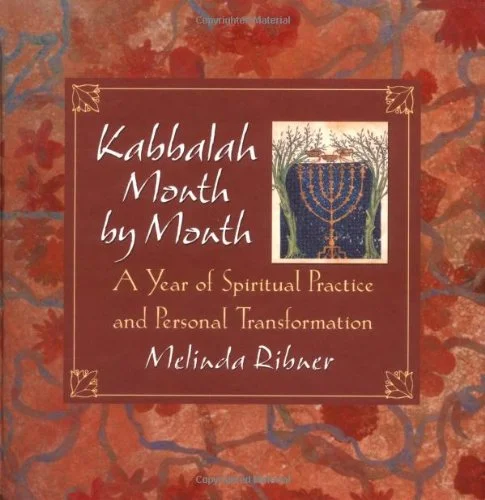Some tools for the journey.
When you choose to work with Bat Sarah Press, you engage in a dialogue about the meaning of ritual practice in your life. Together, we consider: what does it mean to mark time and transition with communally shared events? What is your ritual narrative? How should a person respond or make age-old traditions one's own? The following list includes texts and resources that I find insightful. I hope you'll find understanding and comfort in them, or that you will even write me with thoughts you have about why you don't connect to a given writing. I'm always open to suggestions for new additions so be in touch if you have recommendations for additional readings or resources.
Marital Ritual Resources
The New Jewish Wedding by Anita Diamant
This is a go-to that many rabbis recommend ranging from the Conservative to Humanistic Jewish traditions. The book goes through all of the details you might consider when planning a Jewish wedding, along with a comprehensive delineation between Jewish marital law vs. the cultural traditions that are associated with Jewish wedding ceremonies. Diamant weaves this history of Jewish marriage into a readable story. Highly recommended for anyone planning a Jewish wedding.
Parenting Resources
Gematria and Kabbalah Resources
Nurture the Wow: Finding Spirituality in the Frustration, Boredom, Tears, Poop, Desperation, Wonder, and Radical Amazement of Parenting
by Rabbi Danya Ruttenberg
This book is a true blessing for the new parent.
From the website: Rooted in Judaism but incorporating a wide-range of religious and literary traditions, Nurture the Wow asks, Can ancient ideas about relationships, drudgery, pain, devotion, and purpose help make the hard parts of a parent’s job easier and the magical stuff even more so. Ruttenberg shows how parenting can be considered a spiritual practice, and how seeing it that way can lead to transformation. This is a parenthood book, not a parenting book; it shows how the experiences we have as parents can change us for the better. Enlightening, uplifting, and laugh-out-loud funny, Nurture the Wow reveals how parenthood, in all its crazy-making, rage-inducing, awe and joy-filled moments can actually be the path to living fully, authentically, and soulfully.
Meditation and Kabbalah by Aryeh Kaplan
Aryeh Kaplan was an Orthodox rabbi and scholar well-known for his writings about Kabbalah, the Zohar, Jewish philosophy, and contemporary meditative practices that resonate with traditions that are customarily known to come from Eastern tradition. If you a beginner, or you are looking to understand the roots of Kabbalistic study this is a good place to start.
Kabbalah Month by Month by Melinda Ribner
Through Jewish soul stories, Kabbalistic teachings, inspiring case examples, meditations, spiritual and psychological guidelines, and practical recommendations, the easy-to-follow format of Kabbalah Month by Month makes this ancient wisdom accessible for people of all faiths and backgrounds. Each chapter includes information about the month's:
* Unique energy and healing area
* Astrological connections
* Holidays
* Torah portions
* Hebrew letter and permutation of the Divine Name
Death and Grieving Resources
A Grief Observed by C.S. Lewis
A seminal book on grief, written by a believer in God who is shaken by the tragic loss of his wife. Death, too, comes with its rituals, traditions, and of course deep and constant reflections. It is a transitional moment in our lives when a loved one passes, or even when we ourselves might know our own transition into the spirit world is imminent. This account is grounding, and reaches into the depths of consciousness, verbalizing that which can seem impossible to say. For those who are experiencing loss, A Grief Observed is worth a read.
The Year of Magical Thinking by Joan Didion
Another text on surviving the deaths and illnesses of those dear to our hearts. This book takes me back to the time when my mother was ill and in the hospital. I lived between a hotel and the hospital, visiting her and reading to myself, and at times aloud to my mother in her unresponsive state. As I waited to know what would come next, I could see myself in Didion's meandering memorial to her husband and daughter. She prepared me for my future life, for mom's departure. The reader tours the intimate moments of Didion's family life, follows the delirium and exhaustion that follow closely behind loss and grief. Could we preserve our loved ones in perpetuity if we never move the things they left behind, if we preserve them in our minds and habits?






